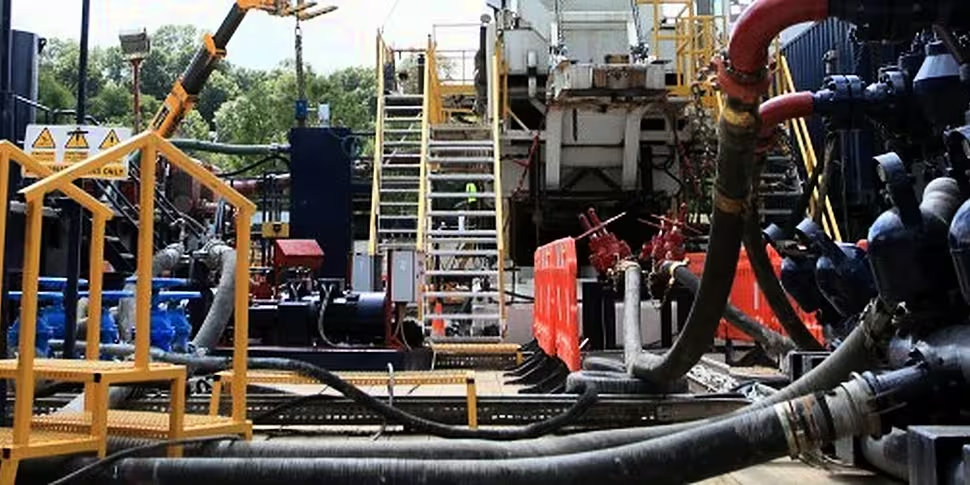A Fine Gael anti-fracking Bill is the first Private Members’ Bill to be passed by the current Dáil.
Deputy Tony McLoughlin, who represents Sligo-Leitrim, said his Bill will protect hundreds of thousands of people from the effects of hydraulic fracking.
Speaking following its passing, Deputy McLoughlin said: “This Bill will ensure that the environment and communities in the West and North West of Ireland are protected from the effects of hydraulic fracking, so this is a special moment for me and the people I was elected to represent.
“The scientific evidence overwhelmingly shows that permitting fracking in Ireland and Northern Ireland would pose significant threats to the air, water and the health and safety of individuals and communities here.
“If it was ever permitted to occur in Ireland, counties such as Sligo, Leitrim, Roscommon, Donegal, Cavan, Monaghan and Clare could end up seeing damaging effects like many effected cities and towns in the United States, many of which I must add have now decided to implemented similar bans to the one before us.
“On this basis, it ultimately must be seen as a serious public health and environmental concern for tens of thousands of people in the Republic of Ireland."
Reaction
Sinn Féin Spokesperson for the Environment Brain Stanley TD welcomed the ban but said more complex legislation is needed to ensure it is not challenged.
“With the possible environmental implications for fracking on various parts of this State, it is very welcome that this Bill progresses," he said. "
This ban is a victory for the long term, considering the communities and the tourism of the areas that would be affected.
“However, this does not cater for offshore fracking which is possible under the present law. There are question marks over the environmental implications of this form of offshore extraction but a one line amendment in the present legislation maybe challenged in the future.
“To ensure an effective environmental protection regime, we realise to ban offshore fracking needs a larger piece of legislation."
What is fracking?
Hydraulic fracturing, or fracking, is a technique designed to recover gas and oil from shale rock.
Water, sand and chemicals are injected into the rock at high pressure which allows the gas to flow out to the head of the well.

Fracking allows drilling firms to access difficult-to-reach resources of oil and gas. In the US it has significantly boosted domestic oil production and driven down gas prices.
It is estimated to have offered gas security to the US and Canada for about 100 years, and has presented an opportunity to generate electricity at half the CO2 emissions of coal.
However, fracking uses huge amounts of water, which must be transported to the fracking site, at significant environmental cost.
Environmentalists say potentially carcinogenic chemicals used may escape and contaminate groundwater around the fracking site. The industry suggests pollution incidents are the results of bad practice, rather than an inherently risky technique.
There are also worries that the fracking process can cause small earth tremors.










